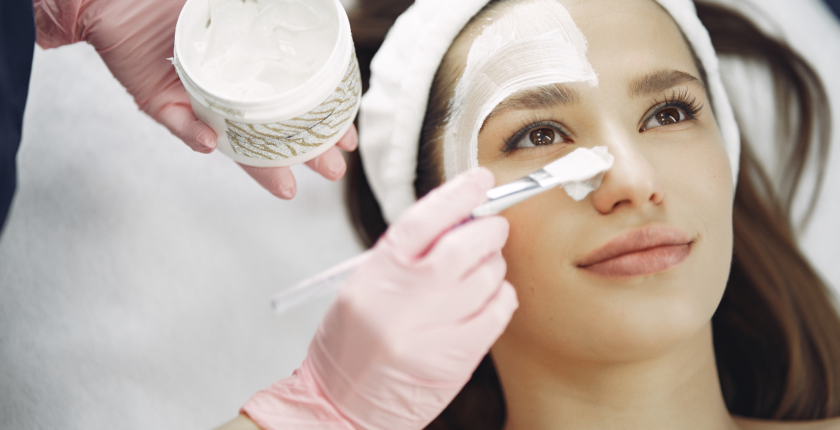How to become Facial therapist
Understanding the Role of a Facial Therapist
Skincare Expertise and Client-Centric Focus
Facial therapists specialize in skincare treatments aimed at improving skin health and appearance. Their role involves evaluating clients’ skin conditions, recommending personalized treatments, and utilizing a diverse range of techniques to address individual needs.
Steps to Become a Facial Therapist
Step 1: Education and Training
Begin by obtaining a high school diploma or equivalent. Pursuing formal education in skincare, cosmetology, or esthetics from accredited institutions or beauty schools lays the foundation for a career in facial therapy.
Step 2: Enroll in a Reputable Skincare Program
Research and enroll in a comprehensive skincare program that covers essential topics such as skincare analysis, treatment techniques, product knowledge, hygiene standards, and client communication.
Step 3: Gain Hands-On Experience
Completing practical training or internships under experienced skincare professionals provides invaluable hands-on experience. Working in spas, salons, or skincare clinics allows aspiring facial therapists to apply theoretical knowledge in real-world scenarios.
Step 4: Obtain Licensure or Certification
Depending on your location, acquiring a state license or certification may be necessary to practice as a facial therapist. Completing required training hours and passing licensing exams demonstrates proficiency in skincare practices.
Essential Skills and Qualities
Technical Skills
Mastering skincare techniques, product application, and specialized treatments are critical. Proficiency in skin analysis, exfoliation, extraction, massages, mask applications, and moisturization sets apart skilled facial therapists.
Interpersonal Skills
Strong communication, empathy, active listening, and problem-solving abilities are essential for building rapport with clients, understanding their needs, and providing personalized care.
Career Paths and Growth Opportunities
Specializations and Advanced Training
Continued education in specialized treatments such as microdermabrasion, chemical peels, or advanced skincare technologies allows facial therapists to diversify their skill set and enhance career prospects.
Entrepreneurship and Business Ownership
Some facial therapists choose to start their own skincare clinics or spas. Acquiring business management skills and understanding client relations are pivotal for entrepreneurial success.
Career Advancement
With experience and advanced certifications, opportunities for senior positions, mentorship roles, or working in medical spas or skincare clinics under dermatologists often open up for facial therapists.
In conclusion, embarking on the journey to become a facial therapist demands dedication, education, hands-on experience, and a passion for skincare. The fulfillment lies in the ability to transform one’s passion for skincare into a rewarding career dedicated to enhancing the beauty and confidence of individuals. The steps outlined above offer a roadmap for aspiring facial therapists, guiding them towards acquiring the necessary skills, education, and experiences to thrive in the dynamic and rewarding world of skincare and beauty therapy.


